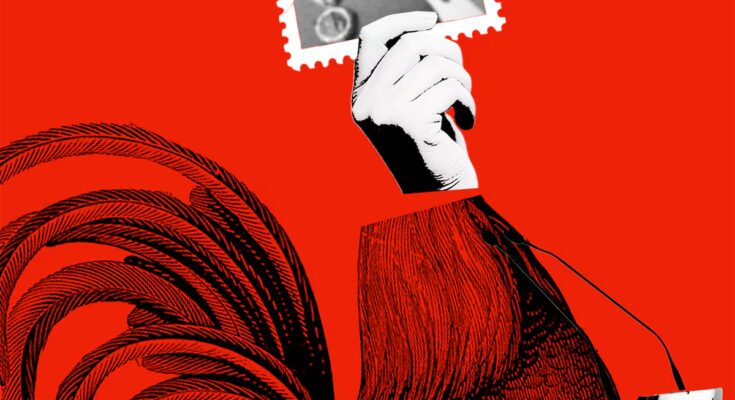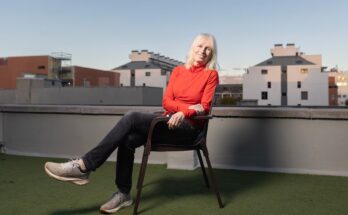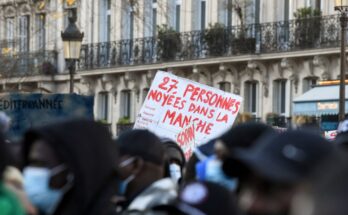The signing of the Brussels Pact shook the always murky but normally stagnant waters of deep Spain. The hives emerged from the first meeting with a PSOE delegation in our offices at the European Parliament and from the famous image of the meeting presided over by a photograph hanging on the wall on the day of the referendum. After seeing the text of the agreement, the waters were stirred by four factors.
The first, the story. The way in which we had jointly agreed to describe the context that had brought us there broke with the official narrative that the Spanish power – media, economic, political and judicial – had tried to spread since the beginning of the Catalan independence process, with the uncritical participation of the Socialist Party itself. The second, the reference to 1714 as the origin of the unresolved conflict, a circumstance which pleased the Spanish monarchy, direct heir of that ineffable Philip V. The third, the agreement to clarify the responsibilities of the dirty war against the independence movement, with the commissions of inquiry and the explicit mention of the term lawwhich caused the first rash in the Deep State. And the fourth, the amnesty law, which until then had been almost a taboo that couldn’t be talked about. Remember the vehemence with which Spanish socialist leaders, such as the current president of the Generalitat, Salvador Illa, expressed themselves, exclaiming that “there will be no amnesty or anything like that!” Added to this are other inconveniences, such as having to negotiate in Switzerland in front of an international mediator/verifier, the obligation to make Catalan official in the EU and the approval of the official status of Catalan by the Congress of Deputies.
The seams hadn’t broken yet, we’d just tightened them, but you could hear the sea in the background. Two years later, the protagonist of that first photo in Parliament has already spent a few months in prison, accused of corruption, a criminal case has been opened against the entourage of President Pedro Sánchez and also directly against his family, and the Attorney General aligned with the government and key player in ensuring compliance with the amnesty law has just been convicted and banned from office.
Spain is boiling, the social division cannot be hidden and the climate is very similar to that of other turbulent periods which all had a tragic (wars and dictatorships) or tragicomic (23F) ending. I don’t know if that will be the case; I can’t say I don’t care, because that would be a lie. But no one should be confused: I don’t feel called “Spanish” because I am only one out of obligation and not out of will, identity or feeling. He challenges me as a European democrat and in particular as a supporter of Catalan independence. Because all of this happens, in large part, because of the refusal to accept radical democracy as a methodology for conflict resolution.
In October 2017 the Socialist Party aligned itself with the PP. An unconditional surrender which, they thought, would be rewarded tomorrow with the same understanding reserved for the abuses of the right, the politicization of the judiciary and the king’s speech of 3 October 2017. Today the socialists were sent to the same tailor’s shop where the tailor-made suits they prepared for us were made.
Therefore, if Spanish socialism wants to get out of the abyss, it has only one option: to undertake the break it refused to make 50 years ago. And the break begins with the recognition of the right to self-determination of peoples, a concept that the Socialist Party has been defending for decades. With the pacts with the old regime, such as the transition pact and the continuity of the monarchy restored by Franco, they will do nothing but perpetuate the regime, as they have done so far, even if they strut like roosters when they evoke the fifty years since the death of the dictator. Headless roosters, to be precise.
Carles Puigdemont and Casamajo He was president of the Generalitat and chairs the Junts per Catalunya.



